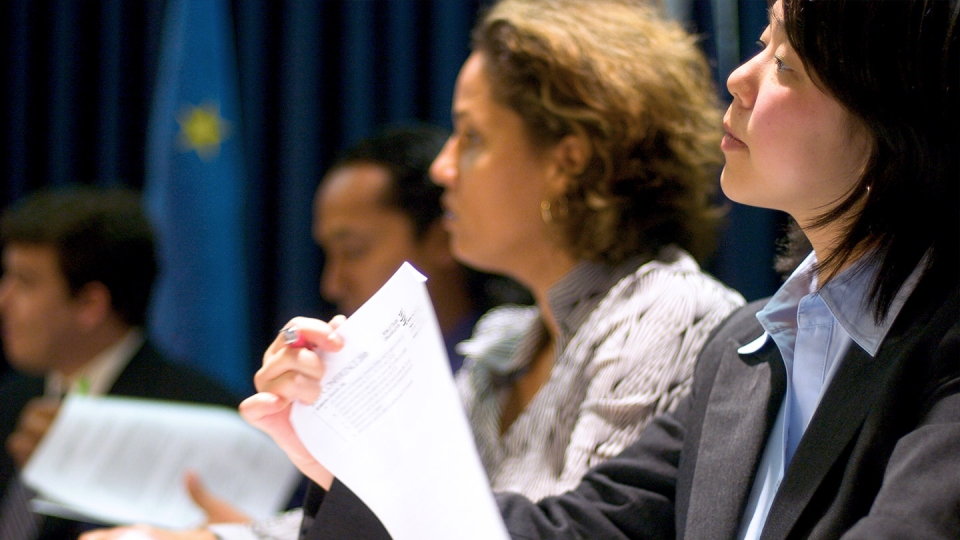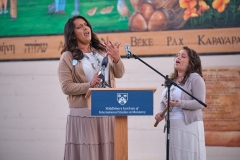New Master’s in Global Governance Prepares Graduates to Address Complex Global Challenges
| by Sierra Abukins
The world faces many challenges that no single government or organization can tackle alone—climate change, migration and refugees, pandemics, security, and more. The Middlebury Institute’s newest degree prepares graduates for careers improving the human condition.




